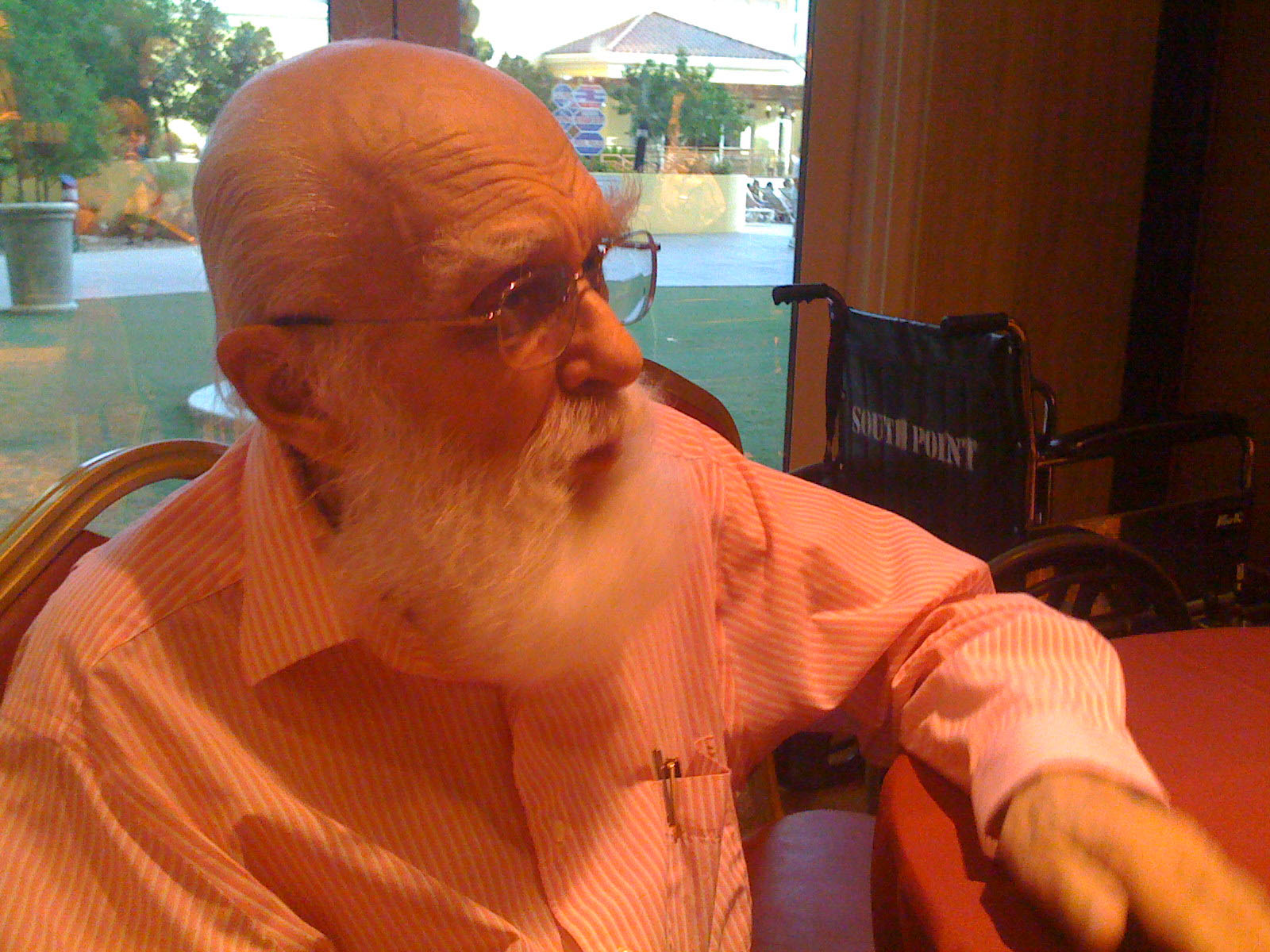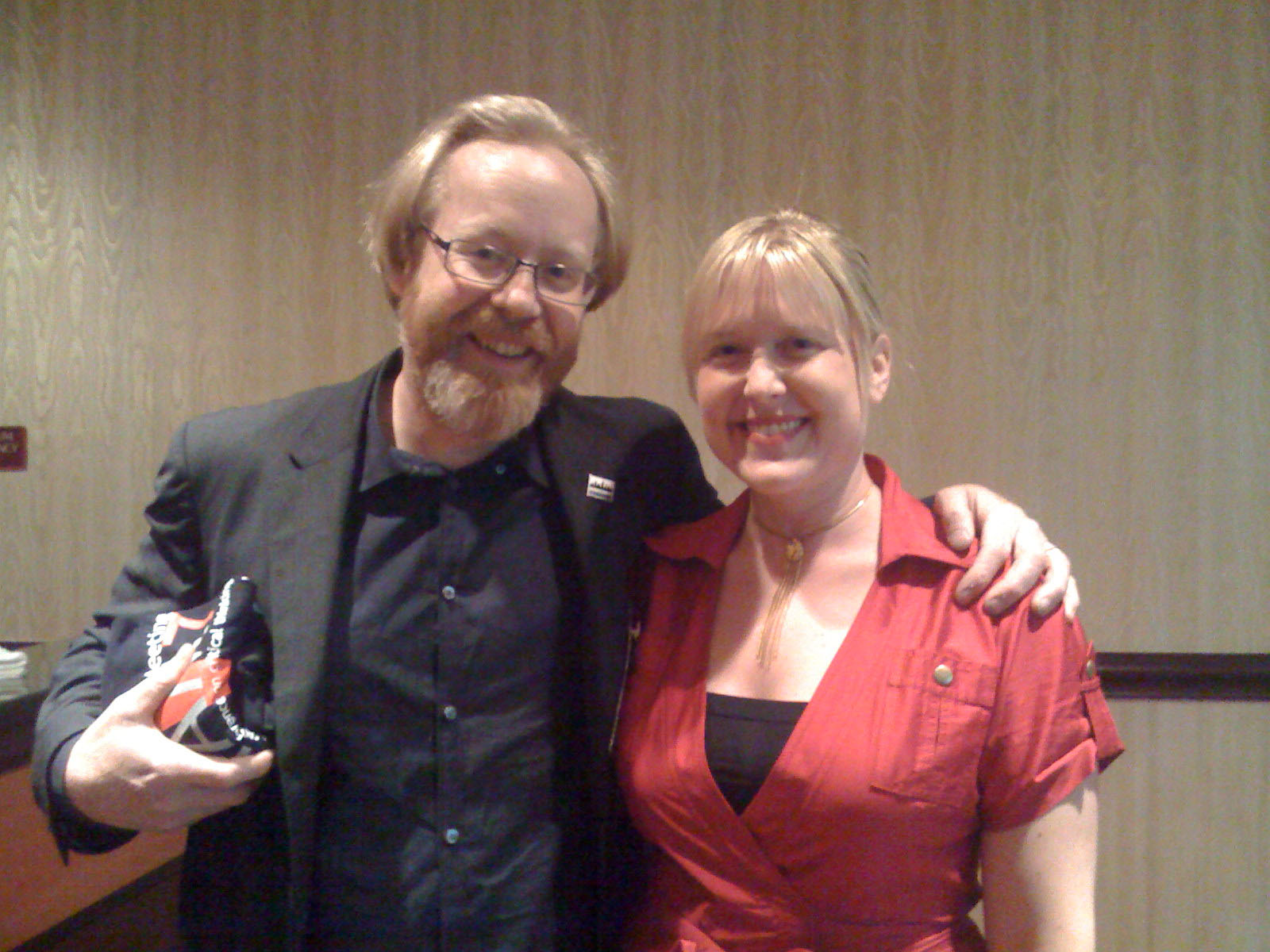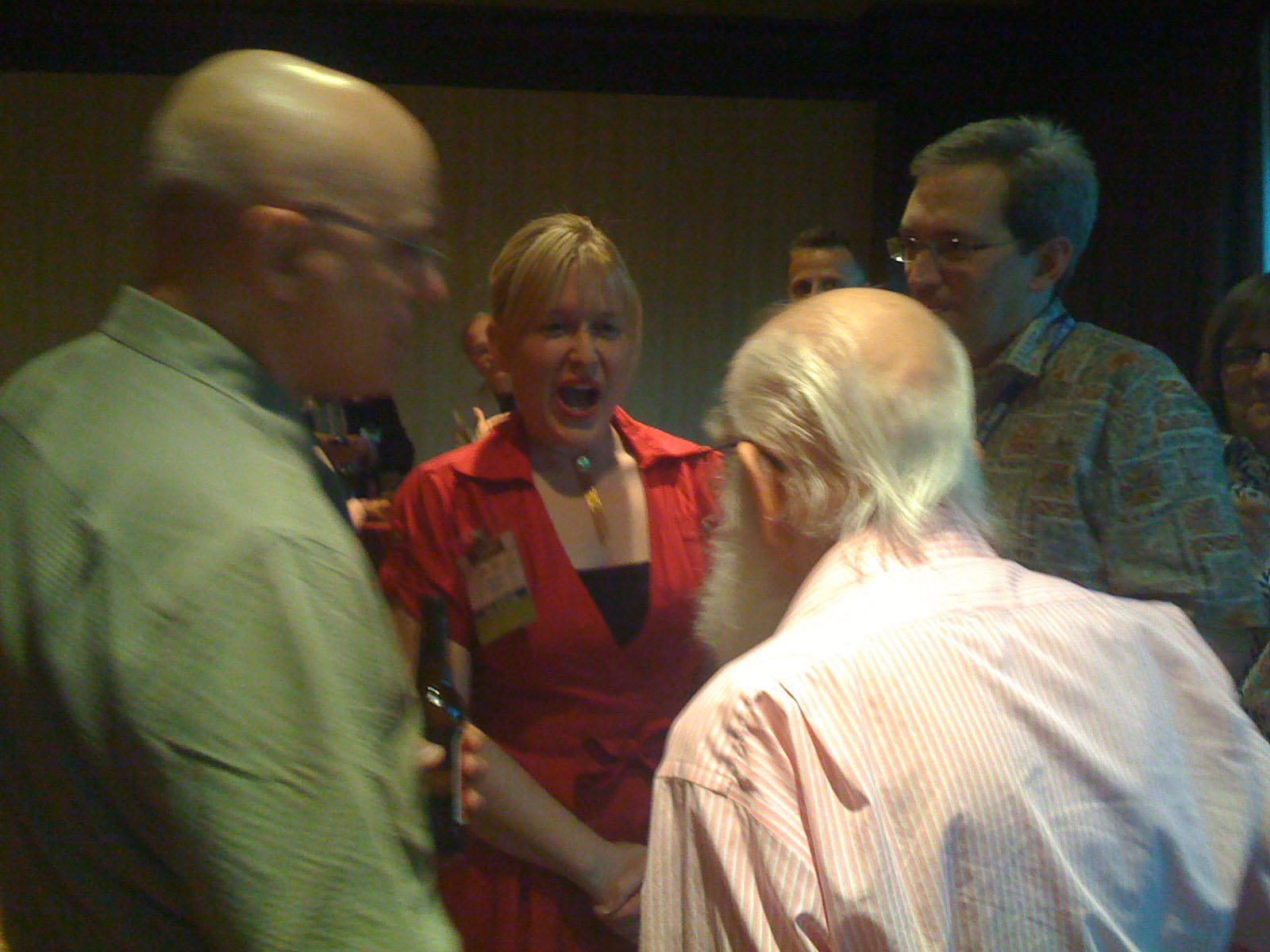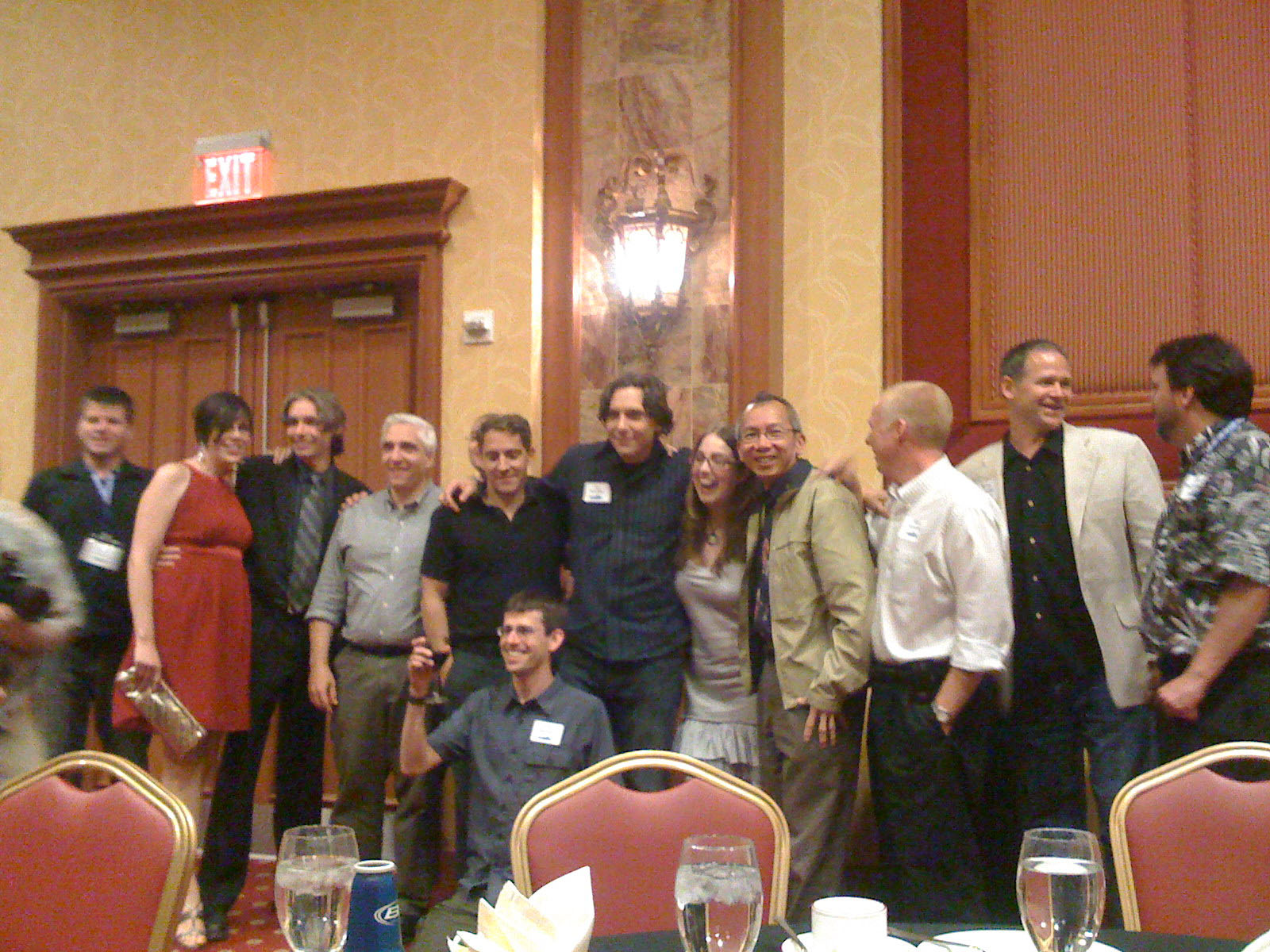James Randi And The Psychology Of Magical Thinking
 James Randi, perhaps better known as “The Amazing Randi” has spent most of his life performing magic shows. In 1996 he created the James Randi Educational Foundation (JREF) designed to expose the fraudulent claims made by psychics, faith healers, and snake oil salesmen. The ultimate goal of the JREF is to create a new generation of critical thinkers – people who will not be hoodwinked by the aforementioned hucksters.
James Randi, perhaps better known as “The Amazing Randi” has spent most of his life performing magic shows. In 1996 he created the James Randi Educational Foundation (JREF) designed to expose the fraudulent claims made by psychics, faith healers, and snake oil salesmen. The ultimate goal of the JREF is to create a new generation of critical thinkers – people who will not be hoodwinked by the aforementioned hucksters.
I had the good fortune of interviewing Mr. Randi briefly at the recent conference known as “The Amazing Meeting.” I was eager to pick his brain about human behavior and magical thinking. This is what I learned…
Randi identified certain groups of people who seem to be more susceptible to magical thinking and/or belief in the paranormal. According to him, the top two are:
1. News reporters. Although at first I wasn’t sure if Randi meant that reporters like a good story versus they believe a good story – he told me that in his experience, they were some of the most gullible people on earth. In fact, they were more interested in implausible stories than true ones – and Randi said that the more fantastical his explanation for phenomena, the more likely they were to believe it and write about it.
2. Academics. This surprised me since I assumed that this group would actually be less susceptible. Randi suggested that they are more likely to be taken in because they are single-minded about phenomena. They are over confident in their ability to understand how things work, and when something cannot be explained in their framework, they’re willing to attribute it to the paranormal.
Who are the least susceptible? Children. Why? Because they are simple thinkers, and harder to distract. The art of magic is in distraction of the sophisticated mind. Children tend to be very concrete, so they don’t expect things to happen with hand-waving and flourishes. They keep their eye on the coin (or other item being transferred from hand to hand), and are more likely to know where it is at all times.
To wrap up our short interview, I asked Randi if he could explain why people believe in magic, fantasy, and the paranormal? He responded simply:
Ultimately it’s not about intelligence or lack thereof. It’s about people not wanting to accept that life is random, suffering is inevitable, and there is no good reason for bad things happening.
What do you make of Randi’s observations?













